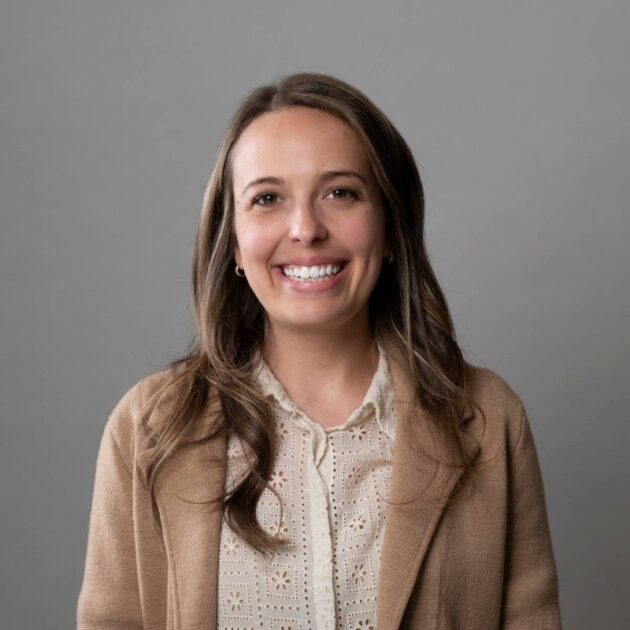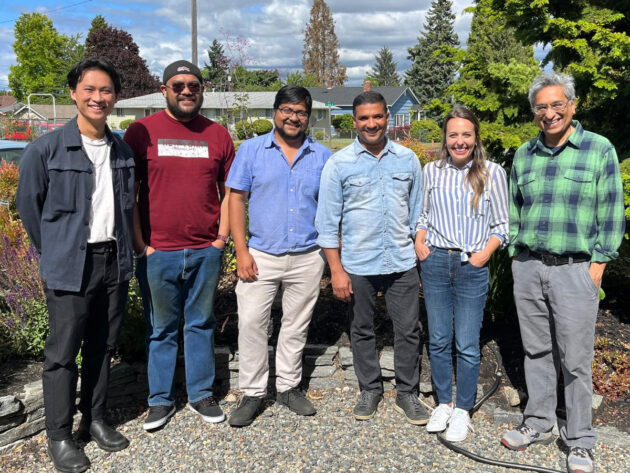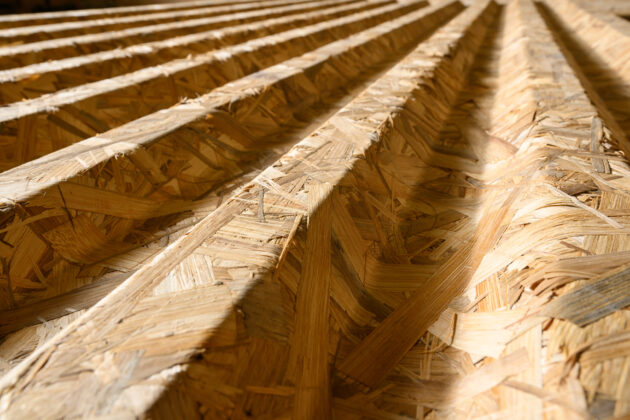
05 11, 2024
Column: To navigate the promise and peril of AI, resist the urge to fall into extreme narratives
Editor’s note: This is guest commentary from Dave Siegfried, CEO of Official AI, a Seattle startup b...
Read More

05 Nov, 2024
Launching one’s first startup — maybe a domestic software company, for example — could certainly be daunting. But creating a company to produce a physical, engineered product with international manufacturing and sales is next-level bold.
Alexa Bednarz laughingly admits she picked an “expert mode” business idea when she envisioned a company that makes a high-performing, low-cost bamboo building materials as her entrepreneurial debut.
But things are going well for the first-time CEO and founder.

The Tacoma, Wash.-based startup, which began five years ago as Eco-Shelter and is rebranding as Ocean, recently raised more than $1.8 million from angel investors. Ocean has received an additional $1.8 million from the National Science Foundation (NSF) over the years. This month, construction starts on a manufacturing facility in India, and Bednarz expects next year to start selling corrugated bamboo panels in India and the U.S.
“It’s harder than anything I could have imagined,” Bednarz said. “And also more incredible and more rewarding than I could have ever imagined.”
Bednarz came up with her idea during her seven years at the Gates Foundation. She worked on polio vaccine programs, oversaw investments and managed global health projects at the Seattle-based philanthropy giant.
Her tenure included time in India where she saw the challenges faced by extremely low-income people in need of safe, affordable, durable shelters.
Instead, the building supplies there were often asbestos-containing concrete, flimsy and brittle materials, or metal sheets that cause structures to become unbearably hot.

Bednarz collaborated with Professor Vikram Yadama, director of Washington State University’s Composite Materials & Engineering Center, and others from WSU who are experts in creating building products from wood and other natural fibers.
The manufacturing process to make Ocean’s panels turns the bamboo into strands that are blended with an adhesive and formed into a mat. Then it’s pressed into a corrugated shape or other design. The panels are structurally strong, less expensive than reinforced concrete, and feature a paint coating that keeps them cooler. If properly maintained with paint or stains, the panels should last up to 25 years.
WSU officials are filing the patent application for the product, which Ocean will license.
The bamboo used for Ocean’s panels is locally grown in India, sustainable and a low-carbon alternative to many other materials.
In addition to the support from NSF and investors, Ocean was accepted into the U.S. Department of Energy’s IMPEL Program, which supports tech commercialization in the building sector. In June, the startup was invited to participate in the Innovative House Showcase hosted by the U.S. Department of Housing and Urban Development (HUD).

“We’ve seen tremendous demand and opportunity for this product here in the U.S., and so much great support from our U.S. government and entities,” Bednarz said. “And at the showcase, we had so many people that came by just [asking], ‘Where can I buy this?'”
In addition to the materials for outdoor construction, Ocean will also sell panels designed for interior use. The startup is looking at making affordable building materials that improve a structure’s energy efficiency.
Bednarz is excited to see Ocean’s efforts coming to fruition with manufacturing and sales on the near horizon. She said it’s taken courage to pursue her entrepreneurial dream.
“You just have to move forward,” she said. “You’ll never have all the answers or all the solutions up front. You just have to keep trusting that you’ll be able to get through any challenge or problem, or find the right person who can help you.”